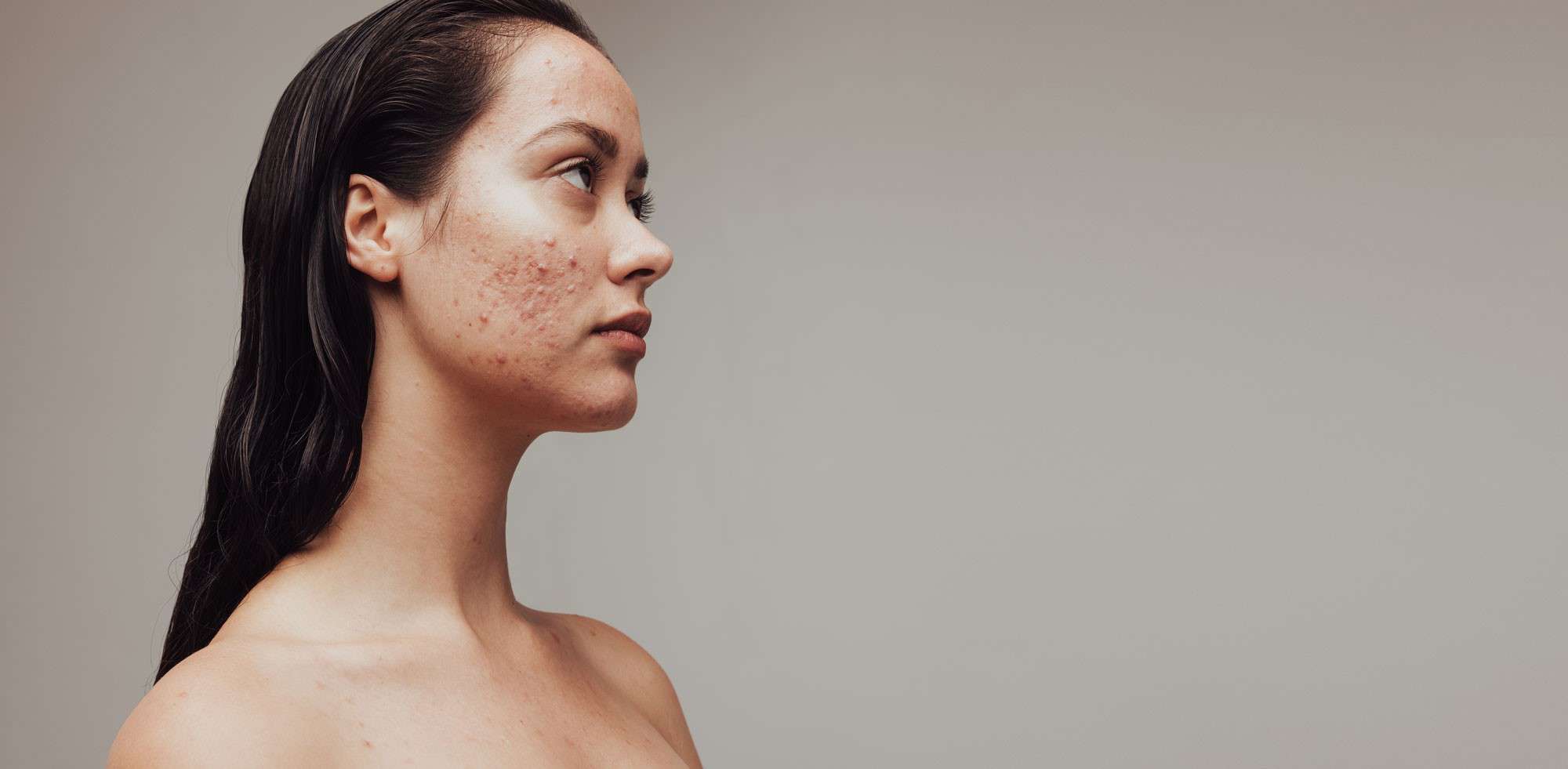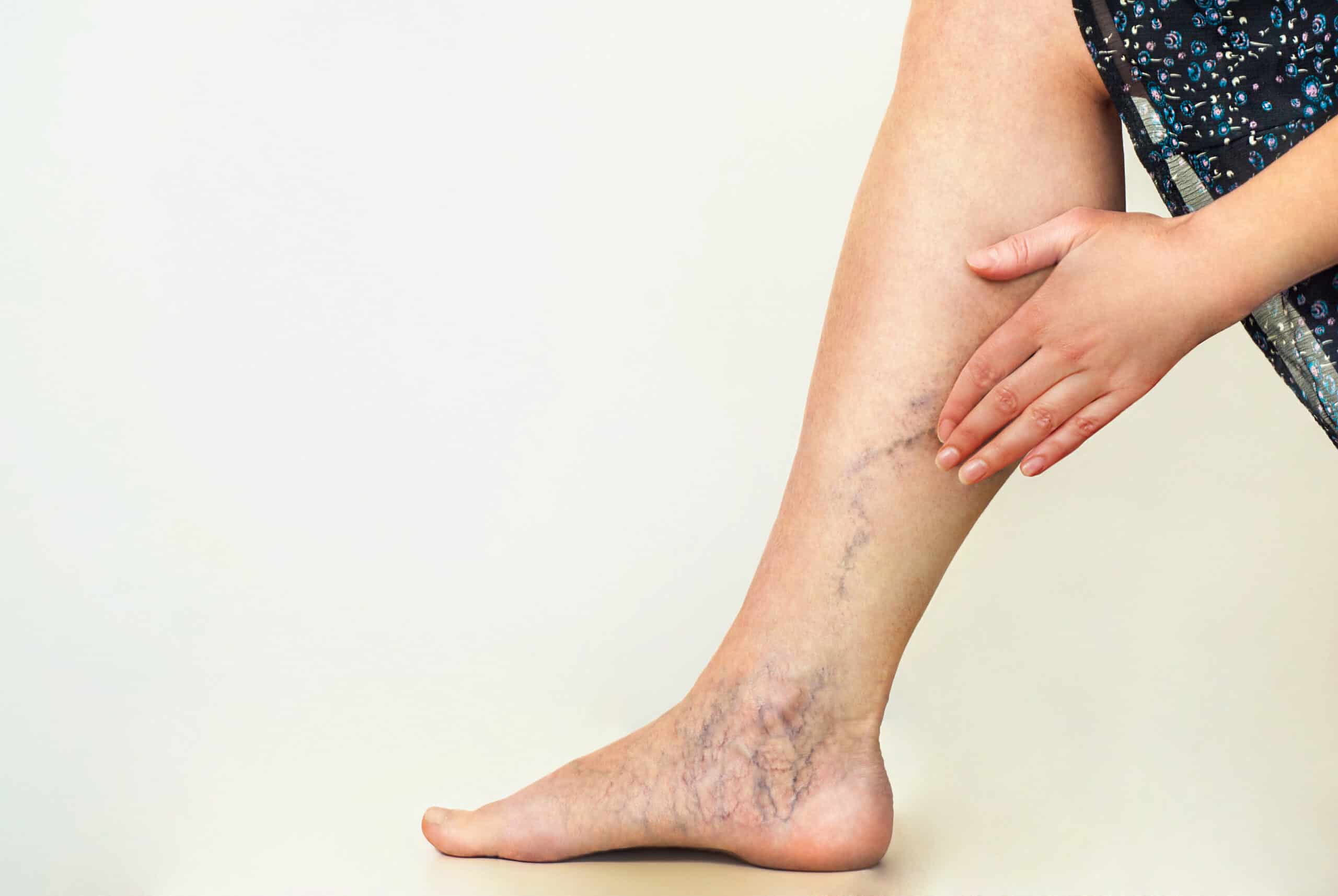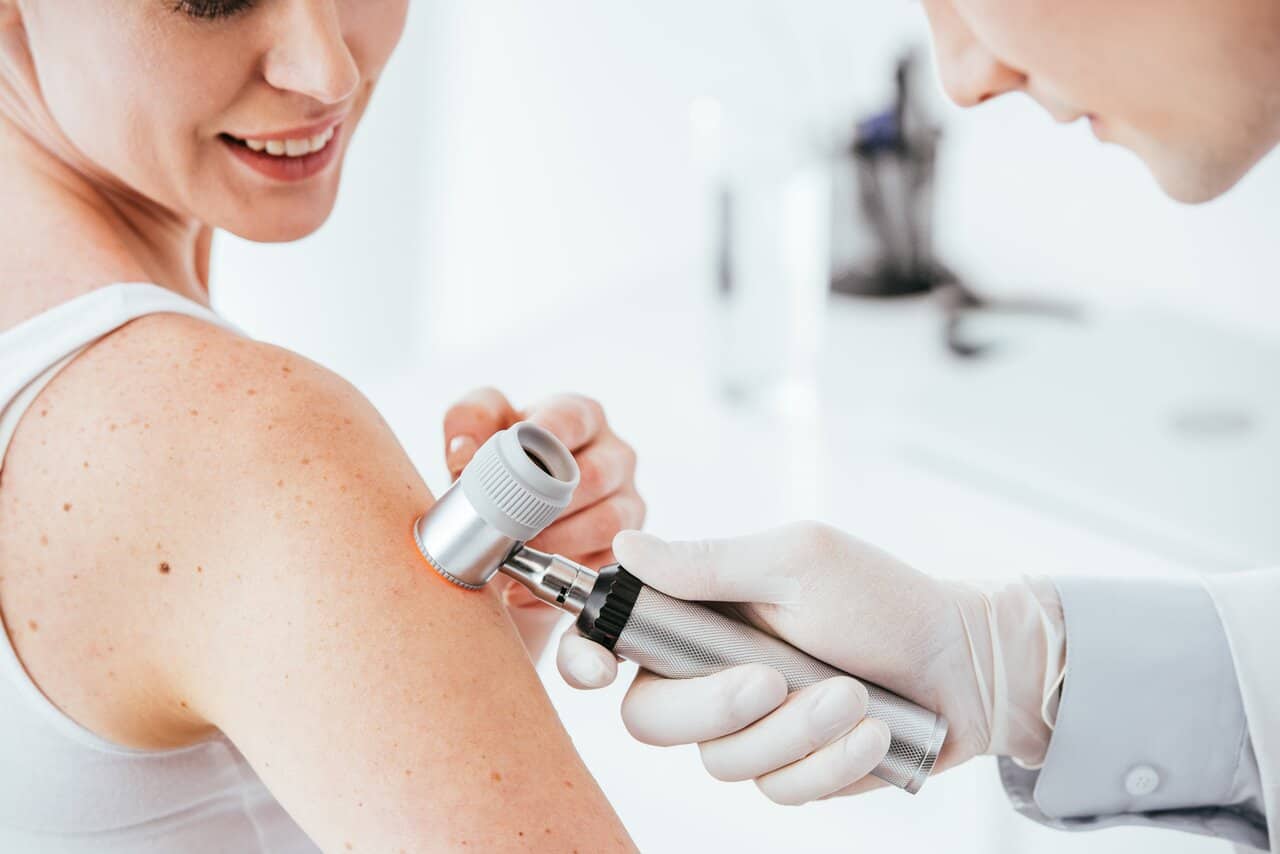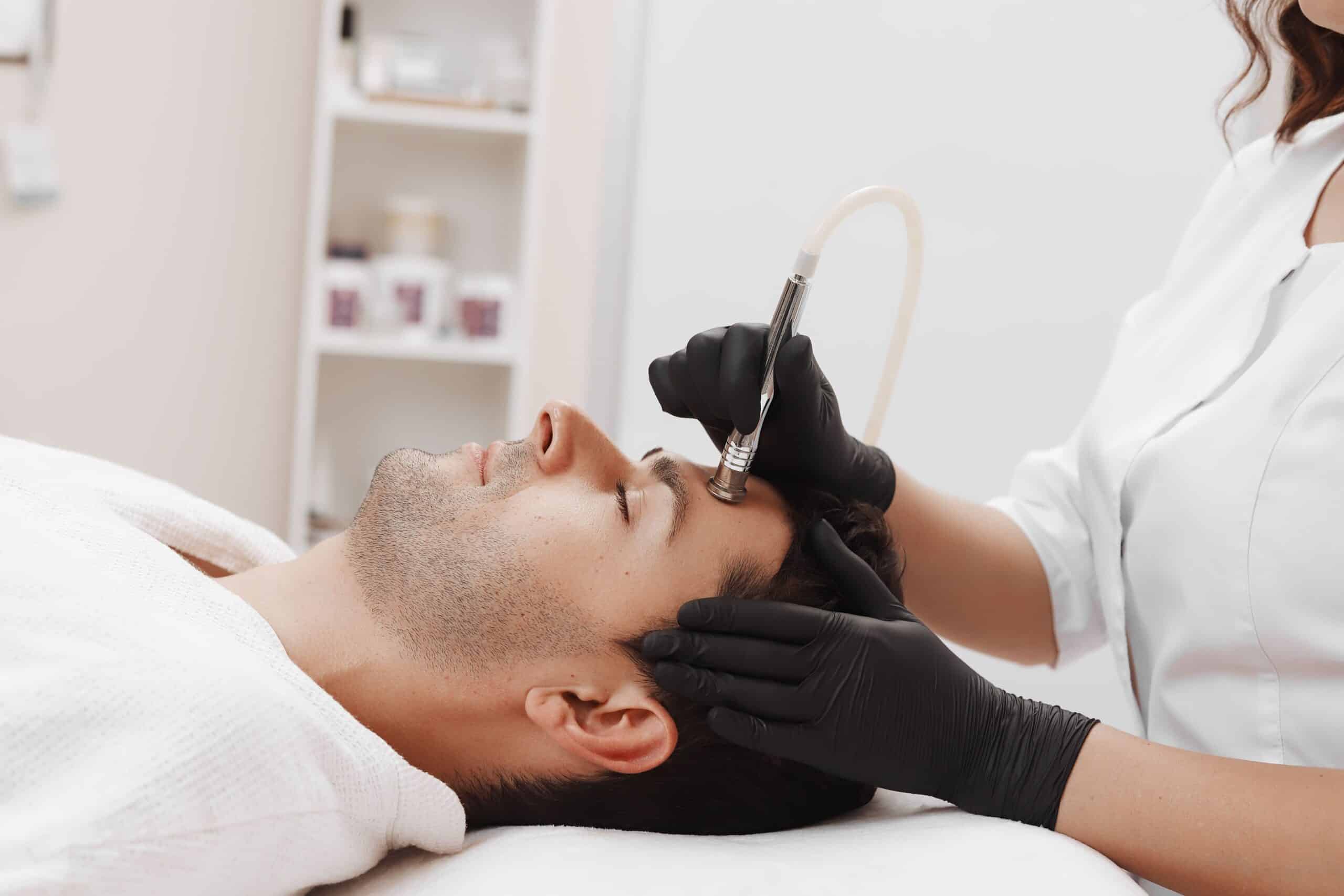HOW TO TAKE CARE OF YOUR FEET
Dry or cracked heels is a common foot condition – which for many won’t be serious and might just be a little unsightly but for others it can cause discomfort or pain. Often, you’ll notice thickened skin on the heel and perhaps yellowish calluses around the edges. This might become a problem if the cracks become deep and bad enough that they become infected. Lack of moisture is often the culprit mainly because the heel has only a small number of sweat glands – which means the skin is unable to keep up moisture levels and in turn it becomes fragile – losing its suppleness and elasticity.
Whilst this condition can sometimes be genetic in nature, it is more commonly caused by an inflammatory skin disease or fungal infection. Both eczema and psoriasis can give rise to dry cracked skin. Occasionally an allergic contact dermatitis can be the cause.
How can you prevent dry skin on the feet?
The most important objective is to identify whether there is an underlying cause. Avoiding any allergens or irritants should make a difference and soap is a common irritant. Dermatologists will normally recommend washing with a Dermol cream as a soap substitute and using regular moisturiser.
In terms of underlying causes, treatment of any inflammatory skin disease or fungal infection might make a huge difference. With regular moisturisers, creams containing lactic acid or urea can really help descale and sooth the skin.
Foot exfoliation
The trick to exfoliation is to do it after a warm bath when the skin is soft. Use a file or emery board and take off any dead skin gently. Do not overdo it or you may worsen the condition!
When should you see a Dermatologist about dry skin on the feet?
In the event that the condition is unmanageable it is essential to see a dermatologist to try to work out whether there is an underlying disease or to exclude a contact allergy. Treatment of the underlying condition or identification of an allergen might bring about great resolution.
Other top tips for foot care
• Always try an antifungal cream for a few weeks as fungal infections (athletes’ foot) can and often cause these symptoms.
• Ask other family members if they have the same problem as it might be a genetic condition
• It is possible to be allergic to a large number of chemicals found in these areas; preservative/fragrances in creams, leather, glue, black dye etc.
• If things don’t improve, see a dermatologist to exclude contact allergy or other reversible causes




